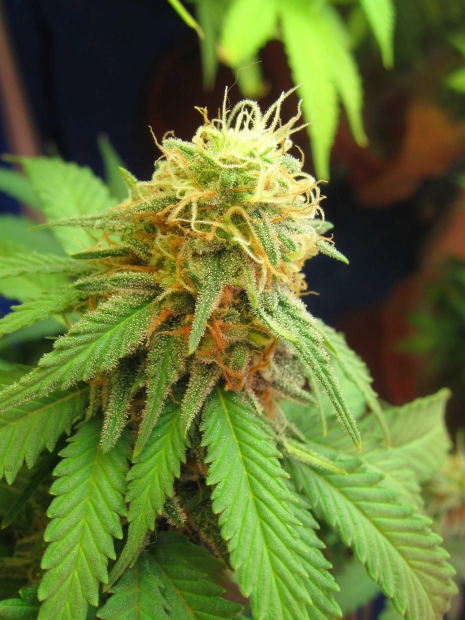Callaghan v. Darlington Fabrics – Marijuana Employment Discrimination
As of earlier this year, the official count of registered medical marijuana users exceeded 1.1 million. That figure could easily exceed 2.5 million if marijuana were legal for medicinal purposes in all 50 states plus D.C., as there are an average of 7.7 patients for every 1,000 population right now.

But these revelations are fairly new. In fact, marijuana has only been legal as medicine for two decades. It remains illegal under federal law, and it’s still considered a Schedule I narcotic – the most dangerous level of the drug.
While it’s true many of these patients are quite sick and may be unable to work full-time, many function just fine in their occupational roles, and their use of marijuana has no bearing on the job. Of course, just as with any controlled substance, many recognize that being under the influence of a drug – prescription or otherwise – at work can be, at minimum, a productivity issue and at worst, a safety issue.
But many workers who are careful to refrain from using the drug in a way that will lead to impairment at work could find themselves the subject of employment discrimination. Same for those who use derivatives that don’t contain the psychoactive ingredients. This is true even in states where the drug is legal and even when individuals are card-carrying patients.
The fact is, most states specifically carve out exemptions for employers allowing them to prohibit not only the use of marijuana at the workplace, on the premises and also on-the-job intoxication, but also to terminate a worker who simply uses marijuana at all.
There are a handful of states that expressly bar employers from firing a worker who tests positive for marijuana, so long as they have a valid prescription. However, California isn’t one of those. In fact, California is one of another handful of states that expressly allow implementation of zero tolerance use policies for employees, regardless of their status as a lawful user under the state’s medical marijuana program.
One woman in Rhode Island is challenging such a policy at her former workplace. In Callaghan v. Darlington Fabrics Corp., plaintiff alleges a company at which she planned to intern wrongfully discriminated against her based on disability by not hiring her due to her marijuana use, even though she has a prescription to help control migraines.
Although the company had extended the internship position to her initially, it later rescinded the offer once it was learned she was a medical marijuana patient and thus a user of marijuana. This was also after she assured a human resources personnel she would not use the drug on-site and that she would refrain from using it prior to work.
The company insists it is not required to condone or accommodate the use of medical marijuana among workers.
It is believed to be the first lawsuit of its kind in that state. A trial court judge recently denied defendant’s motion for summary judgment, meaning the case will be allowed to proceed to discovery and then, if the case is not settled, to the trial phase. She is seeking compensatory damages.
Rhode Island approved legalized marijuana for medicinal purposes in 2006, and plaintiff has been a registered medical marijuana patient since 2013.
The Los Angeles CANNABIS LAW Group represents growers, dispensaries, collectives, patients and those facing marijuana charges. Call us at 949-375-4734.
Additional Resources:
Callaghan v. Darlington Fabrics Corp., Nov. 12, 2015, Rhode Island Superior Court
More Blog Entries:
Report: Oregon Airport Allows Carry-On Cannabis, July 22, 2015, Los Angeles Marijuana Lawyer Blog
 Cannabis Law Group's Medical Marijuana Legal Blog
Cannabis Law Group's Medical Marijuana Legal Blog




